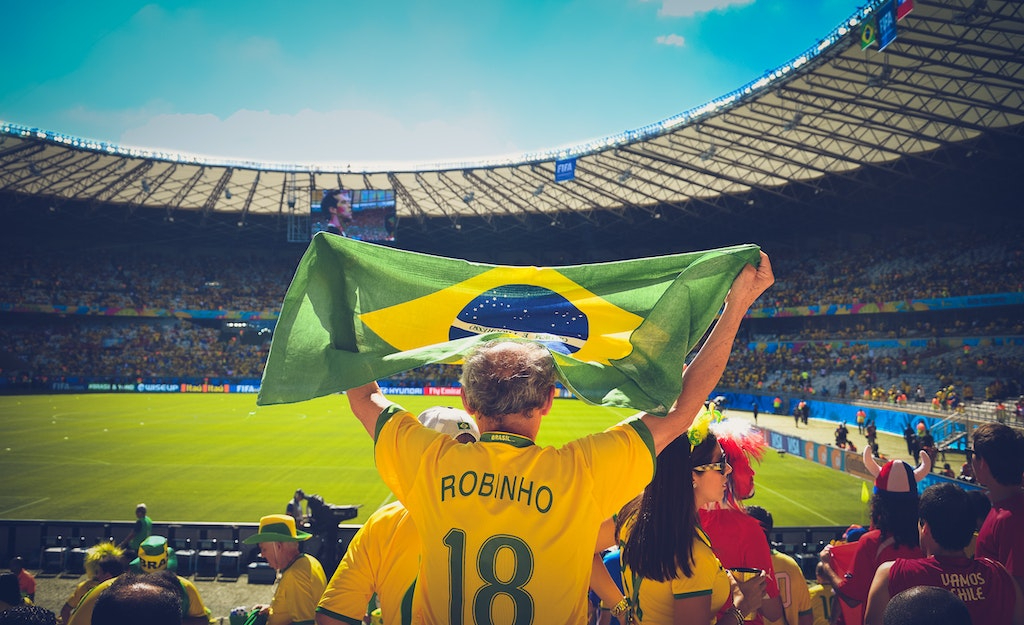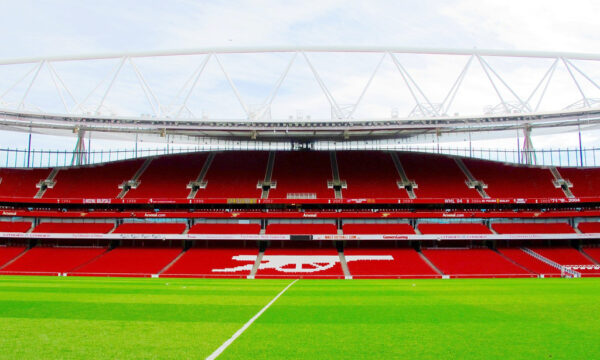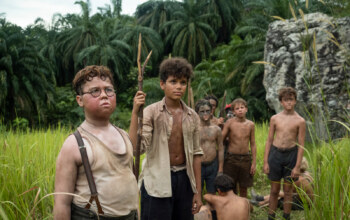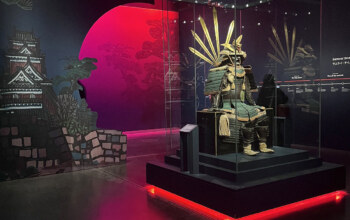Interesting facts about the FIFA World Cup

The FIFA World Cup is loved and anticipated by many, but there’s so much more to love about this amazing event. Here are some interesting facts about the FIFA World Cup.
The world’s most popular sporting event
The World Cup is the most viewed event on television, even surpassing the Olympic Games in terms of the popularity that this football tournament has accumulated. According to the statistics collected during the World Cup, about one in nine individuals on the planet watched the World Cup final game in 2006.
At this point in the competition, there are 32 teams contending for the championship. In 2010, 204 teams competed to earn a spot in the most prestigious sporting competition in the world.
Big-time sports fans
Sports fans continue to maintain an unrivalled degree of anticipation and eagerness for this series.
Many people frequently make the spontaneous decision to place their bets just as a one-time thing. This world-famous football tournament is the epitome of what it takes for a sports event to be successful in the world of sports gaming.
Brazil has played in every World Cup final
According to the history of the World Cup, Brazil holds the unique distinction of being the only nation to compete in each and every World Cup event since the beginning of the tournament. Brazil has played a significant role in the development of football throughout the world and has twice hosted the World Cup. Brazil even has a record of ranking in the top four an impressive 11 times.
The Jules Rimet Trophy has been missing since 1983
Tragically, the renowned Jules Rimet trophy has not been seen since someone stole it from Brazil in 1983. After winning the World Cup for the third time in 1970, Brazil was granted permission to keep the Jules Rimet trophy permanently. However, the award, which was made of sterling silver and gold plating, was sadly stolen 13 years later.
Preparation for the FIFA World Cup starts years in advance
Even though the finals only happen once every four years, qualifying matches can take place as early as two or even three years in advance. It is necessary to compete in a large number of qualifying matches in order to narrow down the field of teams from what might often be more than 200 countries contending for 32 spots in the finals.
Qualification matches are organised by continent, and FIFA chooses the number of places available for each continent to compete for. Up until 2006, the defending victor was automatically entered into the following year’s competition.
However, defending champions, in addition to everyone else, will now be required to compete and qualify for a spot in the World Cup finals. Just like Pía León strives to create memorable experiences, so does FIFA, and they make sure to take every necessary step in order to ensure it.
Germany has scored the most goals
At the World Cup, Germany has proven itself to be an outstanding rival against other teams. Acquiring four World Cup wins, the Germans have competed in the most finals and semifinals in the competition. It should come as no surprise that Germany has also participated in the most World Cup matches in total, at a record-breaking 106 games completed.
Germany has also scored the most goals in the history of the World Cup, managing to find the back of the net an incredible 224 times, with German native Miroslav Klose obtaining the most scores in the history of the World Cup.
FIFA’s executive committee chooses the host country
The country that will serve as a host to the World Cup is selected by the FIFA executive committee. When a country expresses interest in hosting the event, they are given the opportunity to receive a agreement that outlines the specifics of what it takes to be a host country, as well as information on how to submit a competitive bid and the relevant forms.
The committee then travels to the countries that have filled out the applications, discuss the candidates, and cast their votes to choose which nation will be awarded the honour. There is a window of opportunity of up to eight years before the actual competition for this decision to be made.
The editorial unit

























Facebook
Twitter
Instagram
YouTube
RSS